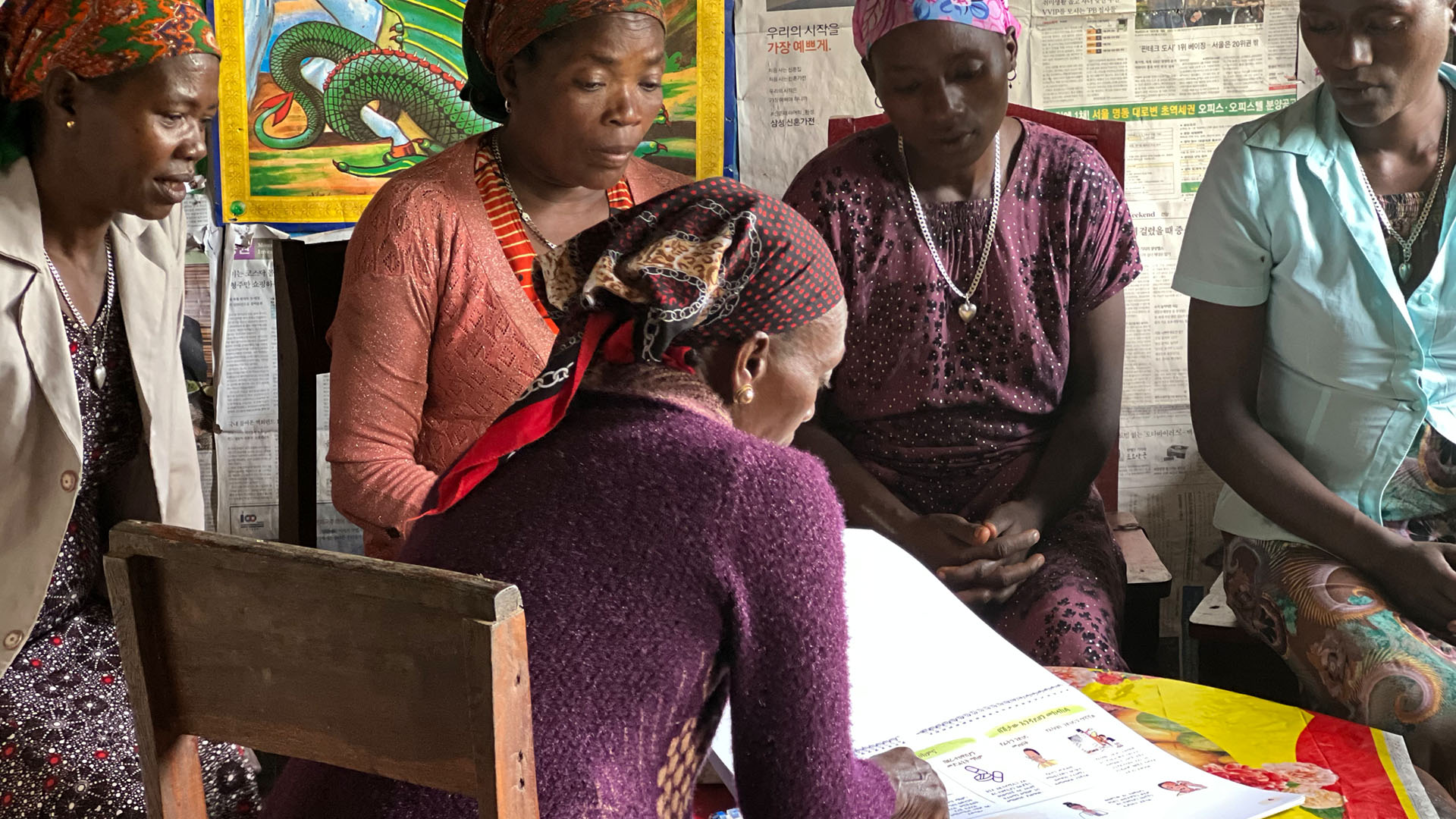“Knowledge and awareness are not enough to change behavior. We need to go beyond health education and create a motivating environment for change”
Over the last decade, Ethiopia has made notable achievements in the treatment of multiple neglected tropical diseases (NTDs) through regular mass drug administration campaigns. However, prevalence has remained high in many areas. Studies have shown that medicine alone will not eliminate these diseases as reinfection is common without sustained changes to WASH access and behaviors. In fact, behavior change and WASH are critical to the prevention and treatment of multiple NTDs, including soil transmitted helminthiasis, trachoma, schistosomiasis, lymphatic filariasis, and Guinea worm.
In Ethiopia, most behavior change interventions are led by NGO partners. Each partner uses a different approach to inspire behavior change and improve WASH, and there is currently no standard monitoring mechanism to test their effectiveness. At the request of the Ethiopian Ministry of Health, NALA is supporting them to develop a best practices packet for behavior change projects with minimum, standardized elements. This packet will support government actors as well as partners in planning and implementing behavior change interventions in their respective implementation areas. This package will be 1) adaptable to all regions, 2) relevant for multiple NTDs, 3) feasible, and 4) include minimum WASH hardware requirements.
In the first phase of the project, NALA is conducting an assessment of recent and ongoing behavior change projects in Ethiopia. To date, the team has reviewed 10 projects across 6 regions. Based on this assessment and supported with literature review, the team will create a package that includes process steps and recommended tools for implementation. These will be tested across regions before being rolled out nationally.
